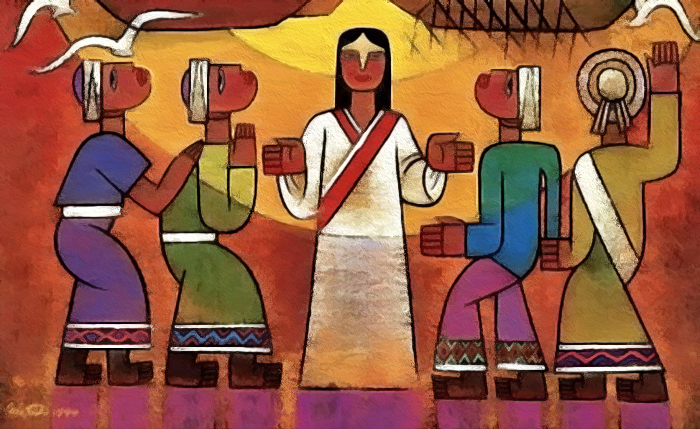
Millions of people, particularly in the Western world, are Christian in name, come from Christian backgrounds, are familiar with Christianity, and believe that they know and understand Christianity but no longer practice that faith in a meaningful way. They’ve heard of Christ and the Gospel, even though they may be overrating themselves in their belief that they know and understand what these mean. No matter. Whatever their shortcomings in understanding a faith they no longer practice, they believe they’ve already been evangelized and that their non-practice is an examined decision. Their attitude toward Christianity, in essence, is: I know what it is. I’ve tried it. And it’s not for me! And so it no longer makes sense to speak of trying to evangelize such persons in the same way as we intend that term when speaking of taking the Gospel to someone for the first time. It’s more accurate precisely to speak of a new evangelization, of an attempt to bring the Gospel to individuals and to a culture that has already largely been shaped by it, is in a sense over-familiar with it, but hasn’t really, in fact, examined it. The new evangelization tries to take the Gospel to people who are already Christian but no longer practicing as Christians. How to do that? How do we make the Gospel fresh for those who it has become stale? How do we, as G. K. Chesterton put it, help people to look at the familiar until it looks unfamiliar again? How do we try to Christianize someone who is already Christian? Fr. Ron Rolheiser writes that there are no simple answers. We have already been trying to do that for more than a generation. Anxious parents have been trying to do this with their children. Anxious pastors have been trying to do that with their parishioners. Anxious bishops have been trying to do that with their dioceses. Anxious spiritual writers, including this one, have attempted to do that with their readership. And an anxious church has been trying to do that with the world. What more might we be doing? In my view, we are in for a long, uphill struggle that demands faith in the power and truth of what we believe in and a long, difficult patience. Christ, the faith, and the church will survive. They always do. The stone always eventually rolls away from the tomb, and Christ always eventually re-emerges, but we, too, must do our parts. Let’s start by working at winning over hearts, not hardening them.
